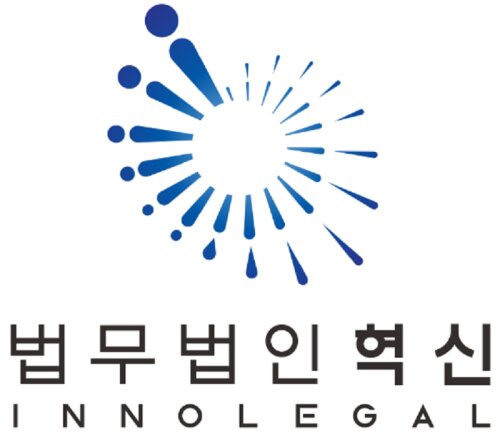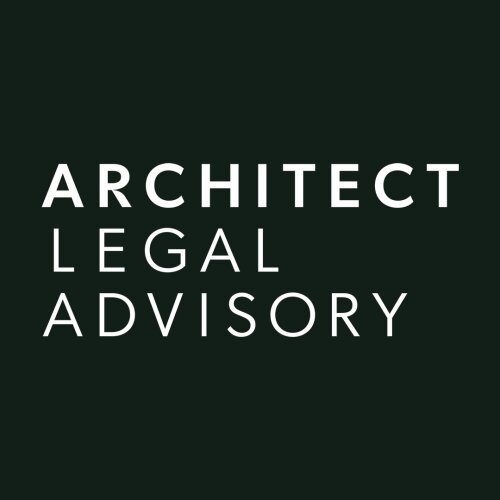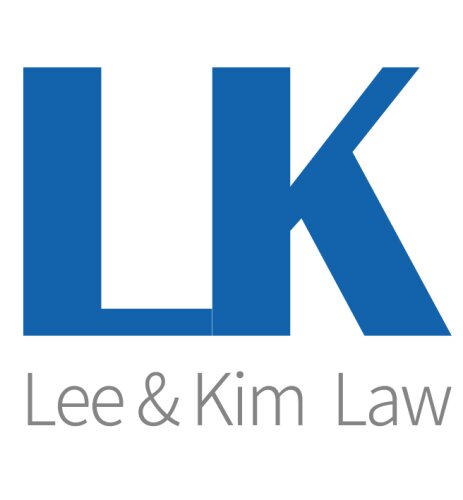Best Art & Cultural Property Law Lawyers in Seoul
Share your needs with us, get contacted by law firms.
Free. Takes 2 min.
List of the best lawyers in Seoul, South Korea
About Art & Cultural Property Law in Seoul, South Korea
Art & Cultural Property Law in Seoul, South Korea is a specialized area of law that addresses issues related to the protection, management, and regulation of cultural heritage and artworks. This field of law is significant given South Korea's rich history and cultural heritage. It encompasses a range of issues including the preservation of historic sites, the protection of artworks and cultural properties, intellectual property rights concerning artworks, and the regulation of art trade and commerce.
Why You May Need a Lawyer
Engaging with Art & Cultural Property Law may require legal assistance in several scenarios. Individuals or organizations might seek legal advice when dealing with the acquisition or sale of artworks, disputes regarding ownership or authenticity of art, intellectual property rights related to art, the import/export of cultural goods, or compliance with regulations protecting national heritage sites. Legal issues might also arise in cases of art theft, illegal excavation or export of cultural properties, or donation and tax implications associated with cultural artifacts.
Local Laws Overview
Seoul, like the rest of South Korea, follows specific laws to protect and manage its cultural property. Key legislation includes the Cultural Heritage Protection Act which regulates the preservation, restoration, and utilization of cultural heritage. Additionally, the traditional art and cultural property transactions are governed under stringent rules to prevent illegal trade and to ensure artworks are lawfully and ethically dealt with. Intellectual property laws are also in place to protect the rights of artists and creators within the region.
Frequently Asked Questions
What constitutes cultural property in South Korea?
Cultural property in South Korea includes tangible and intangible heritages such as historic sites, relics, artworks, traditional crafts, folklore, rituals, languages, and performing arts that possess cultural significance.
How are cultural heritage sites protected under Korean law?
The Cultural Heritage Protection Act provides measures for the protection and preservation of cultural heritage. It includes provisions for the designation and management of cultural heritage sites and offers guidance on their restoration and beneficial use.
What is required to legally export artworks from South Korea?
To legally export artworks, one must comply with the relevant regulations established by the Cultural Heritage Protection Act and potentially acquire permissions from the local government or the Cultural Heritage Administration of Korea, depending on the type of artwork.
How can intellectual property rights protect artists in South Korea?
Artists in South Korea are protected under the copyright law, which grants them rights over the use and reproduction of their creative works. This includes the protection of paintings, sculptures, photographs, and other forms of artistic expression.
Can foreigners buy and own cultural property in South Korea?
Yes, foreigners can buy and own cultural property in South Korea, provided they comply with local laws and regulations governing the transaction and ownership of such properties.
What are the penalties for illegal art trafficking in South Korea?
Penalties for illegal art trafficking can be severe and involve significant fines and imprisonment. The Cultural Heritage Protection Act outlines specific punishments for unlawful possession, trade, or export of cultural properties.
Are there tax benefits associated with donating cultural properties in South Korea?
Yes, there are certain tax incentives for individuals or organizations donating cultural properties to recognized museums or cultural institutions, as specified by South Korean law.
How can I verify the authenticity of a Korean artwork?
It's recommended to seek expertise from certified art appraisers or to involve legal experts who specialize in art law to verify the authenticity of Korean artworks.
What should I do if I discover an artifact while traveling in South Korea?
If you discover an artifact, you are required by law to report it to the local authorities or cultural heritage management agencies, as it may fall under protected cultural property.
How do I resolve a dispute over cultural property ownership?
Resolving disputes over cultural property ownership typically involves legal action, where a lawyer specialized in Art & Cultural Property Law can represent your case and mediate negotiations between parties involved.
Additional Resources
Individuals seeking legal advice in Art & Cultural Property Law in Seoul can contact the following organizations for assistance:
- Cultural Heritage Administration of Korea
- Korean National Commission for UNESCO
- Korea Cultural Heritage Foundation
- Korean Bar Association for specialized legal counsel
Next Steps
If you require legal assistance in Art & Cultural Property Law, consider consulting with a specialized attorney who understands both the legal and cultural nuances specific to Seoul and South Korea. Prepare comprehensive documentation related to your case and reach out to reputable law firms or the aforementioned resources for further guidance and support.
Lawzana helps you find the best lawyers and law firms in Seoul through a curated and pre-screened list of qualified legal professionals. Our platform offers rankings and detailed profiles of attorneys and law firms, allowing you to compare based on practice areas, including Art & Cultural Property Law, experience, and client feedback.
Each profile includes a description of the firm's areas of practice, client reviews, team members and partners, year of establishment, spoken languages, office locations, contact information, social media presence, and any published articles or resources. Most firms on our platform speak English and are experienced in both local and international legal matters.
Get a quote from top-rated law firms in Seoul, South Korea — quickly, securely, and without unnecessary hassle.
Disclaimer:
The information provided on this page is for general informational purposes only and does not constitute legal advice. While we strive to ensure the accuracy and relevance of the content, legal information may change over time, and interpretations of the law can vary. You should always consult with a qualified legal professional for advice specific to your situation.
We disclaim all liability for actions taken or not taken based on the content of this page. If you believe any information is incorrect or outdated, please contact us, and we will review and update it where appropriate.
















